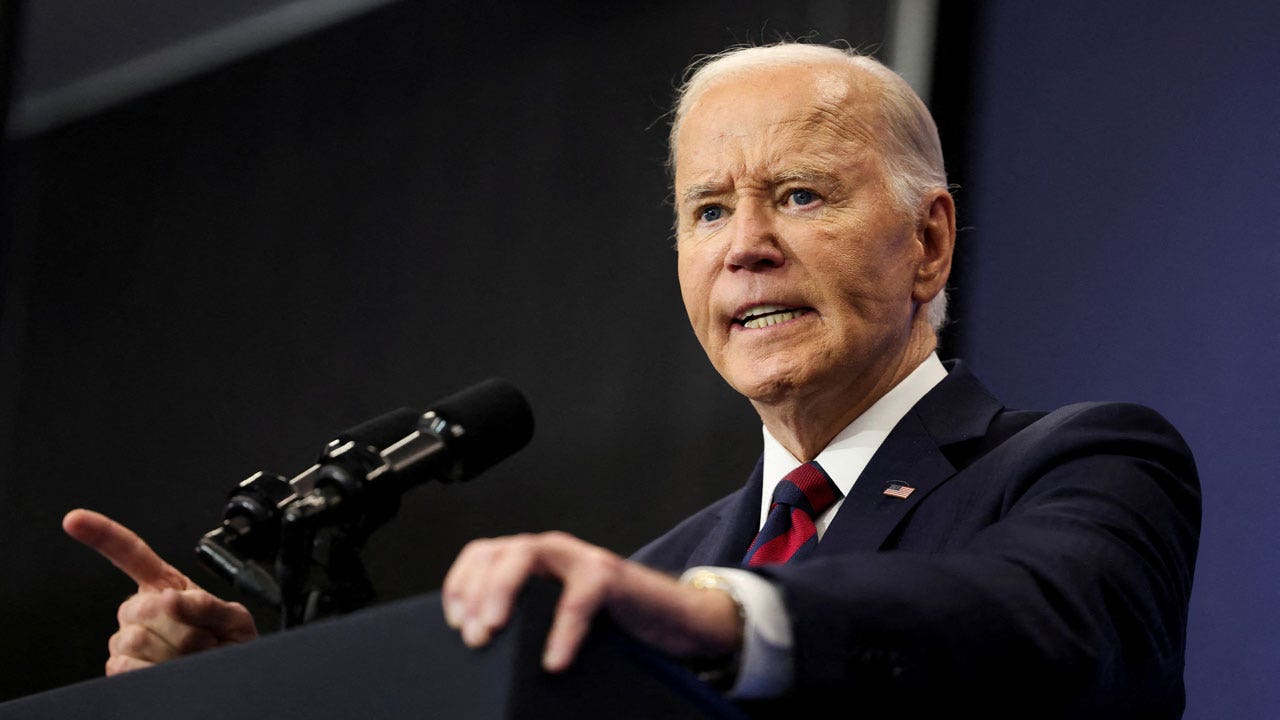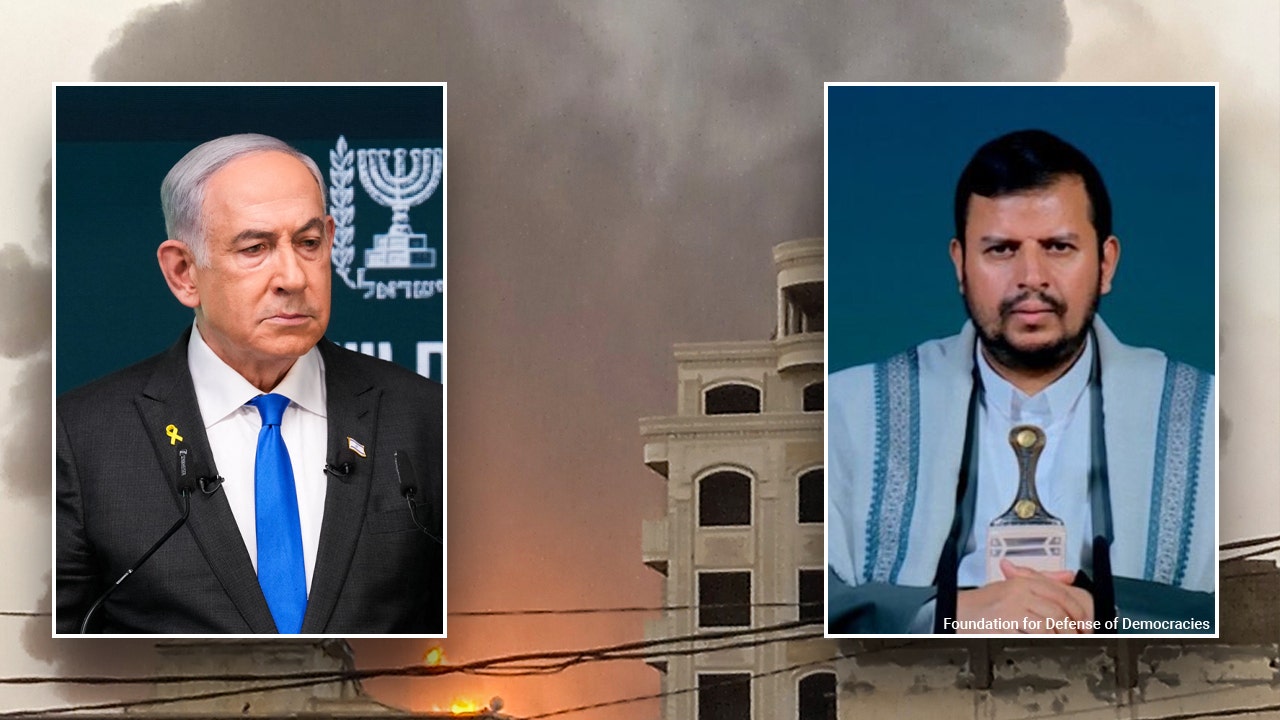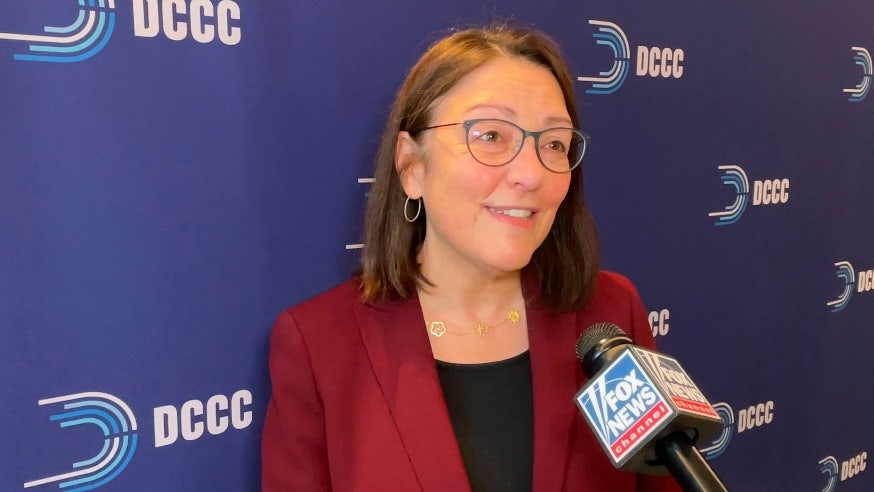Senegal’s Parliament voted late Monday to delay elections until December, after opposition lawmakers seeking to block the vote were thrown out of the National Assembly. The vote came after President Macky Sall last week postponed the upcoming ballot, a move critics condemned as an “institutional coup.”
Voters had been preparing to go to the polls on Feb. 25, until Mr. Sall — who has said he is not seeking a third term — announced on Saturday that he was postponing the election. Experts and many opposition and civil society leaders called it a power grab by an unpopular president who is not certain that his chosen successor would win.
But on Monday night, police officers in helmets and bulletproof vests expelled opposition members from the National Assembly, preventing them from voting after a marathon session debating the legality of Mr. Sall’s move. The bill then passed with a vote of 105 to 1. In effect, Mr. Sall will be allowed to stay on until the election is held on Dec. 15, nearly 10 months after his presidency is supposed to conclude.
Anticipating an outburst of protest, the government on Monday morning cut internet access to cellphones, banned motorcycles in the capital, Dakar, and sent hundreds of security forces into the streets in a show of force. The big public protests that had been expected for Monday afternoon never materialized; Dakar’s streets emptied, as many residents chose to stay indoors.
When Mr. Sall announced that he was postponing the election, he said in his address to the nation that a dispute between the national assembly and the constitutional court needed to be resolved before a vote could be held, but critics dismissed this as a “manufactured crisis.”
On Sunday, isolated protests broke out across Dakar, but they were quickly put down by security forces who used tear gas and arrested several demonstrators, including former Prime Minister Aminata Touré.
Military coups have in recent years brought down governments in several West African countries, while in others, presidents have changed constitutions, thrown opponents in jail and clamped down on civil liberties in attempts to stay in power.
But Senegal, a country long considered an island of stability in West Africa, has a culture of respect for democracy and the law. Past attempts to manipulate the electoral system or block opposition candidates have often been met with resistance, particularly by the country’s youth.
On Sunday evening and Monday morning, it looked as if they were preparing to turn out in large numbers.
Protesters burned tires in the streets; security forces fired tear gas and arrested several lawmakers; and when children arrived at some Dakar schools on Monday, they were turned away. Classes had been canceled.
The military police were stationed at Dakar roundabouts, on main roads and at some of the French-owned businesses that were attacked in previous demonstrations, including Total gas stations and Auchan supermarkets. Young people in Senegal, as in many former French colonies in Africa, often accuse France of pulling political strings and propping up the government.
The bill to extend Mr. Sall’s stay at the presidential palace passed around 10 p.m. on Monday, after opposition lawmakers occupied the podium in an attempt to block the vote from taking place. It had been expected to delay elections until August, but Parliament pushed them to December to avoid coinciding with the rainy season and with a major annual pilgrimage in August, according to a lawmaker from Mr. Sall’s party who helped draw up the bill. An opposition party joined with the governing coalition to push the bill through.
The person who posed perhaps the biggest challenge, Ousmane Sonko, a relatively youthful politician popular for his rhetoric excoriating Senegalese elites and French neocolonialism, has been in jail for months. He was convicted of corrupting a minor, defamation and inciting insurrection, but acquitted of rape. Rights groups say dozens of people have been killed and hundreds of others injured in protests supporting him.
Mr. Sonko’s allies in the National Assembly took to the floor on Monday night wearing sashes in the colors of the Senegalese flag, chanting, “Macky, resign.”
Nogaye Faye, a teacher in a Dakar primary school, said that Mr. Sall did not respect the Senegalese people. “He could have left with a lot of respect,” she said. “This is a shame for our democracy.”
Others said that politicians were not worth risking their lives and livelihoods for by protesting.
“We fought for Macky Sall in 2012,” said Ahmed Thiam, a baker, referring to the youth movement that brought Mr. Sall to power and prevented his predecessor from seeking a third term.
He said he would not fight this time.
“I am tired now,” he added. “I have two daughters and a son to feed. I am minding my own business.”





